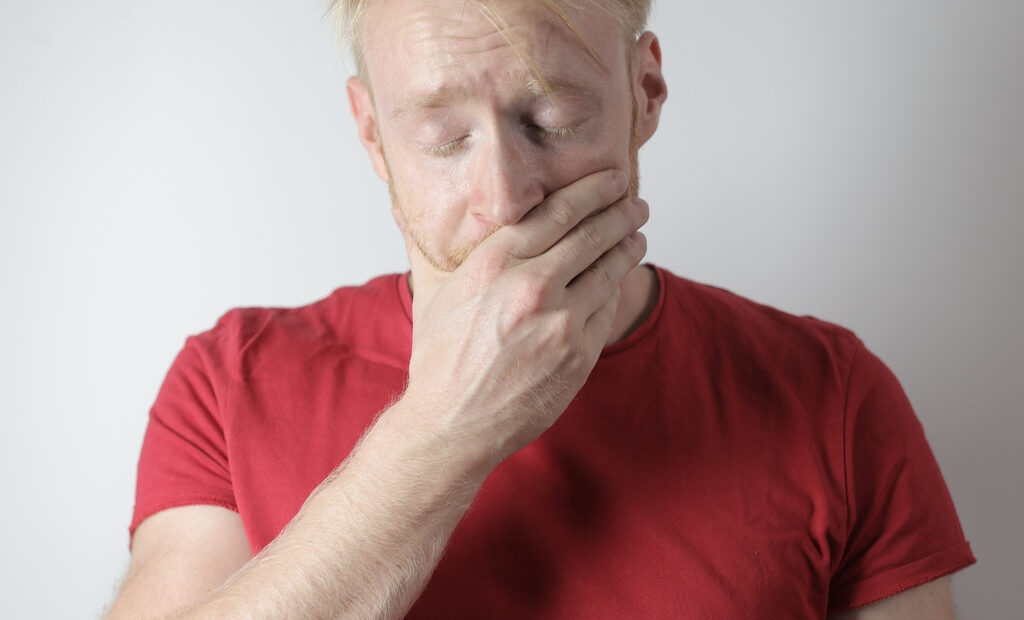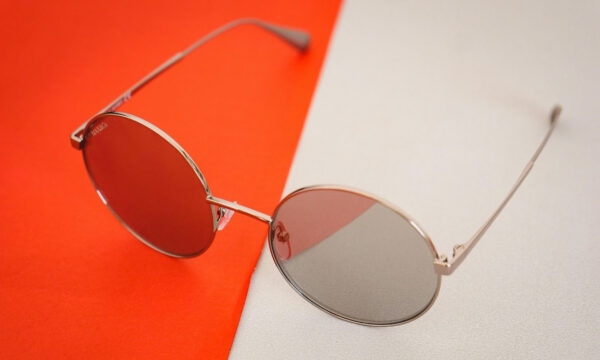Why do people get toothache on airplanes?

Traveling by flight is a fantastic experience because it is fast and efficient. For those who are yet to travel by plane or are considering traveling by plane, it is essential that you know the things that constitute the fantastic experience of flight and other things that can make you uncomfortable. There is this pressure called cabin fever; it happens to every person who travels by plane. For first-travellers, it is discomforting, while regular travellers have experienced this discomfort so often that they have devised techniques to subdue this pressure.
Toothaches on airplanes are subject to cabin pressure. However, they can not be classified as an average effect of the pressure. Cabin pressure is when the air in the body tries to adapt to the change in air pressure in airplanes as it ascends and descends. This pressure is usually experienced by the feeling of your ears trying to pop, and it can be excruciatingly painful. This has resulted in many people developing a phobia of flight.
Well, toothache on airplanes is caused by the air adaptation process but should not be classified as cabin pressure. A specialist dentist, Dr. Albert, explains that toothaches on a flight are experienced mostly by people with poor oral health. This article highlights The causes of toothaches on airplanes and tips on what to do to prevent these toothaches before and after a flight.
Causes of toothache on a flight
Typically, the body reacts to flights by trying to adapt to the change in air pressure. The process of body air trying to adapt to the change in air pressure affects every area of the body provides there is space or holes for body air to expand and occupy. This is why the ear feels like popping because the ear has hollow space in it and is considered normal, but for the teeth, it only occurs because of poor dentition.
Three oral diseases are bound to experience this painful experience when airplanes, though they are all characterized by the presence of holes. These problems are:
Cracked or chipped teeth: The presence of cracks on teeth provides space for air to occupy, and during the process of change in air pressure, the air in those cracks expands, causing pain.
Cavities or tooth decay: Cavity is the formation of holes in the outer layer of a tooth, creating pockets of air space for air to occupy and expand when adapting to change in air pressure.
Sensitive teeth: This is not a result of poor dentition. Some individuals have susceptible teeth with pockets of space between them. These spaces are then occupied by air that expands when the plane ascends and descends, causing pain in the process.
Toothache on airplanes: Prevention tips
Many individuals try to apply similar techniques to resolve the usual discomfort and pain caused by cabin pressure on toothaches when on airplanes, but the techniques fail. This is because the problem is not caused by cabin pressure but by poor oral health. Cabin pressure only amplifies the pain and makes the state of your oral health clear and known to you.
However, specific tips guide you, so you do not experience toothaches even if your oral health is poor. These tips contain what to do before boarding an airplane and after boarding an airplane. They are;
Visit the dentist: Many will be like this applies to those with poor oral health; no, it applies to everybody. You can never be too sure of your oral health. Some issues pop up from nowhere. Hence, visiting your dentist will give you insight into the state of your oral health before you board the airplane.
Arrange for dental work (surgery): This should be done before your flight. After visits Ng the dentist, you notice issues with your dentition ranging from holes to spaces in your teeth arrangement. Have the dentist perform dental work to fill those holes and spaces in between your teeth correctly. Ensure the dentists fills those spaces properly because air can fill any tiny spaces present.
Travel prepared: After the dental work, when boarding a plane, ensure you carry painkillers, cotton buds, and minor first aid cleaning items to clean yourself up in the event of bleeding gums. This occurs in individuals who board a flight immediately after dental surgery. But, the good news is that cabin pressure does not worsen dental conditions more than it already is.
Conclusion
Toothaches on airplanes are evidence of poor oral health and are excruciatingly painful. It has caused many individuals to dread boarding planes. Luckily, this article provides information on everything to know about toothaches on airplanes.
The editorial unit
























Facebook
Twitter
Instagram
YouTube
RSS